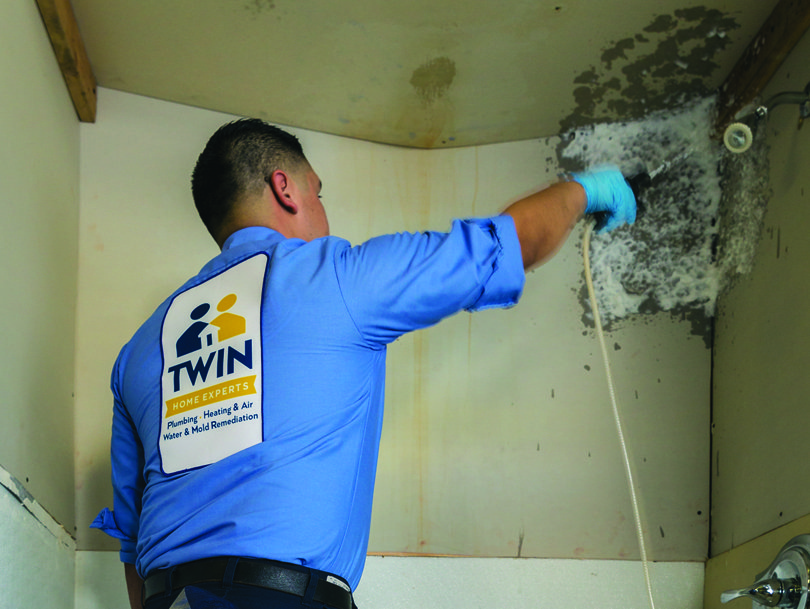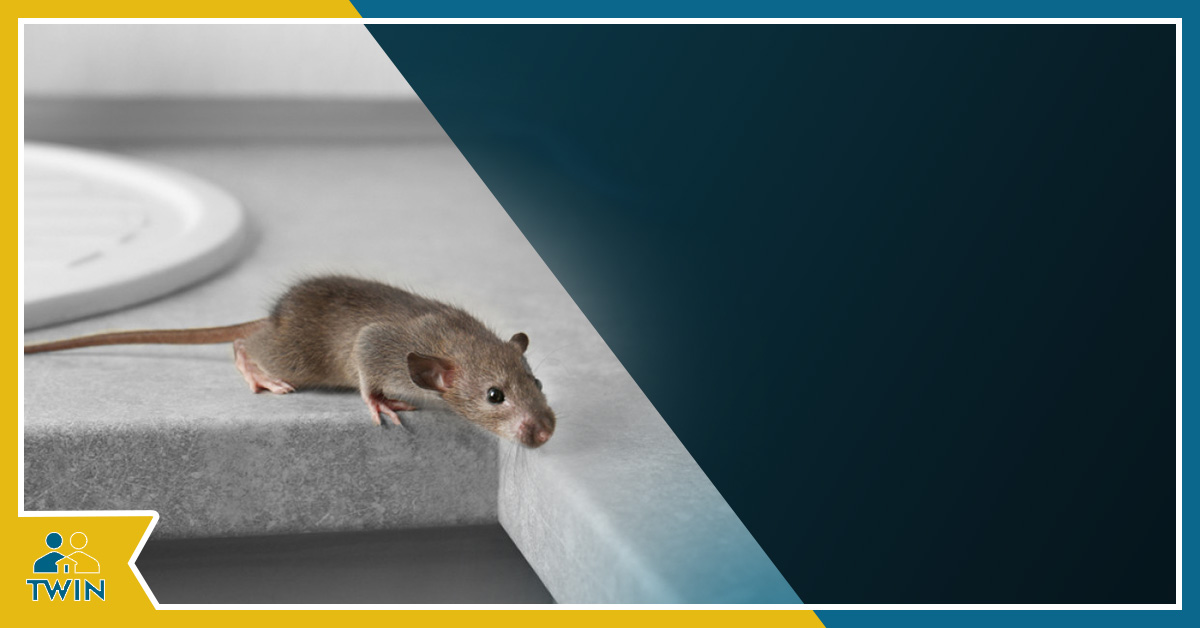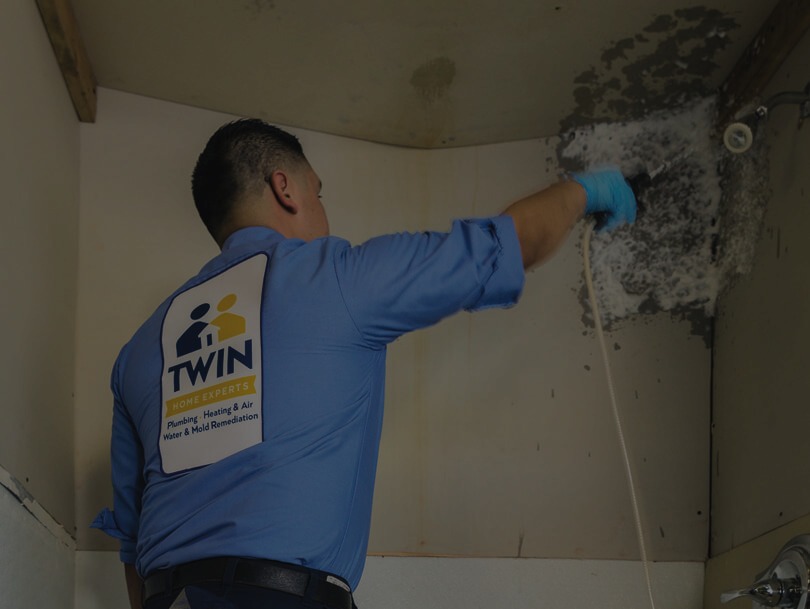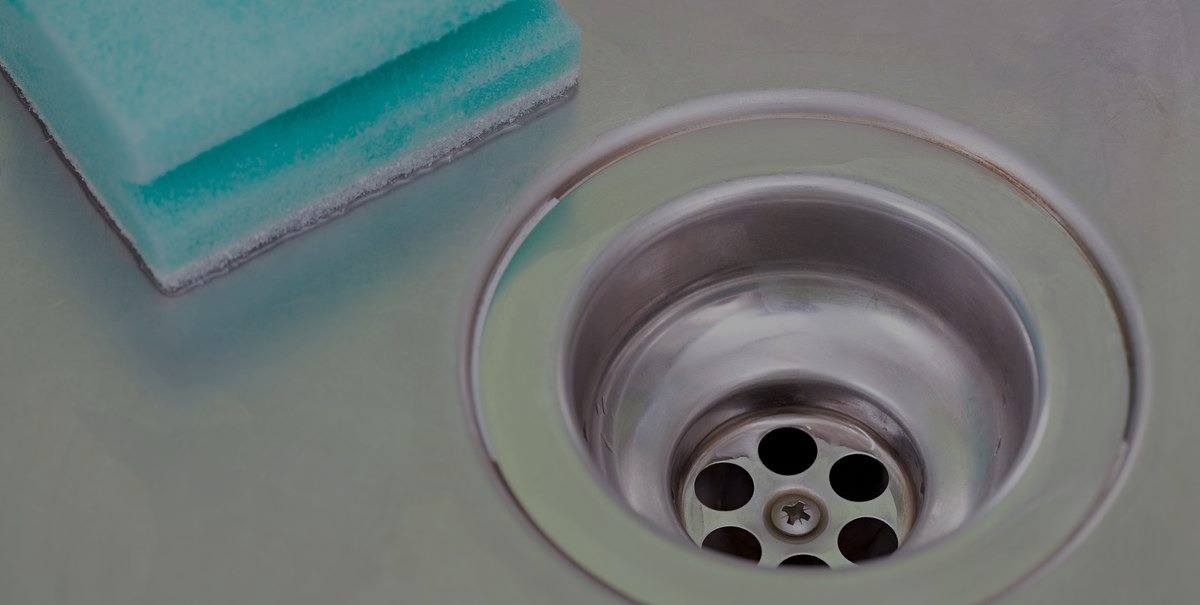Being plumbers for over 25 years here at The Twin Plumbers, we have seen our share of leaks, damp areas, sewer spills, basements, crawl spaces and attics that have all had water issues. When it comes to moisture issues, plumbers are usually the first responders. Dark, wet areas are perfect breeding ground for leaks to […] The post Does Homeowners Insurance Cover Mold? appeared first on Twin Home Experts.
Being plumbers for over 25 years here at The Twin Plumbers, we have seen our share of leaks, damp areas, sewer spills, basements, crawl spaces and attics that have all had water issues. When it comes to moisture issues, plumbers are usually the first responders.
Dark, wet areas are perfect breeding ground for leaks to turn into that scary four letter word: mold. At The Twin Plumbers, we’ve certainly seen our share of it throughout the years.

We have also have seen mold remediation companies charge thousands of dollars to property owners and not perform good business practices. That’s why we began our training and certification for mold remediation, along with water damage certification, years ago. We want to be able to contain the leak, treat the mold, and dry down the affected materials all in one call.
When it comes to filing an insurance claim to get it detected, and more importantly remediated, it’s usually never covered or included in your policy. The insurance companies take a stance that when mold is present, that is a clear sign that the leak was long-term, which is not covered under any insurance policy or carrier.
We have seen mold grow within 48 hours of a leak, so if you have a professional that understands microbial growth and leaks, there are times when his report can justify and substantiate that the occurrence was not due to a long term leak. This, then, should get you insurance coverage. Coverage on mold that is caused by dew point or relative humidity, however, is typically never covered and cannot be justified.
Another way that’s possible to get coverage for mold is through the insurance company’s fault. Though rare, we’ve seen this happen at The Twin Plumbers. One of our customers filed an insurance claim after water damage had occurred. We had to wait for several days for the insurance adjuster to come to the site due to everyone’s busy schedules. When they finally arrived, mold had grown in the process. In this situation, the insurance company was able to cover this and the remediation process.
If you own a property or are thinking of purchasing an older home and you are sensitive to mold, you may want to think about obtaining an additional endorsement on your insurance policy that will cover some mold damage. It’s typically up to $5,000.00 in coverage.
Some of the things you can do to prevent mold:
- Keep sink cabinets dry. The most calls that we get for mold remediation is under kitchen sinks.
- Keep all crawl spaces, basements, and attics dry.
- Paint with an inhibitor solution to prevent mold from growing on walls.
- Keep all drains clear.
- Make sure that tubs/showers are all properly caulked.
- Toilet wax seals are tightened down and completely sealed.
- Upgrade your water lines to copper or PEX piping if you have old, corroded galvanize.
- Have proper air venting and circulation in bathrooms.
- Keep water intrusion from outside rain, sprinklers, and other water sources away from dwelling.
- Make sure there are no roof leaks.
Thanks for reading The Twin Plumbers’ blog today!
The post Does Homeowners Insurance Cover Mold? appeared first on Twin Home Experts.







